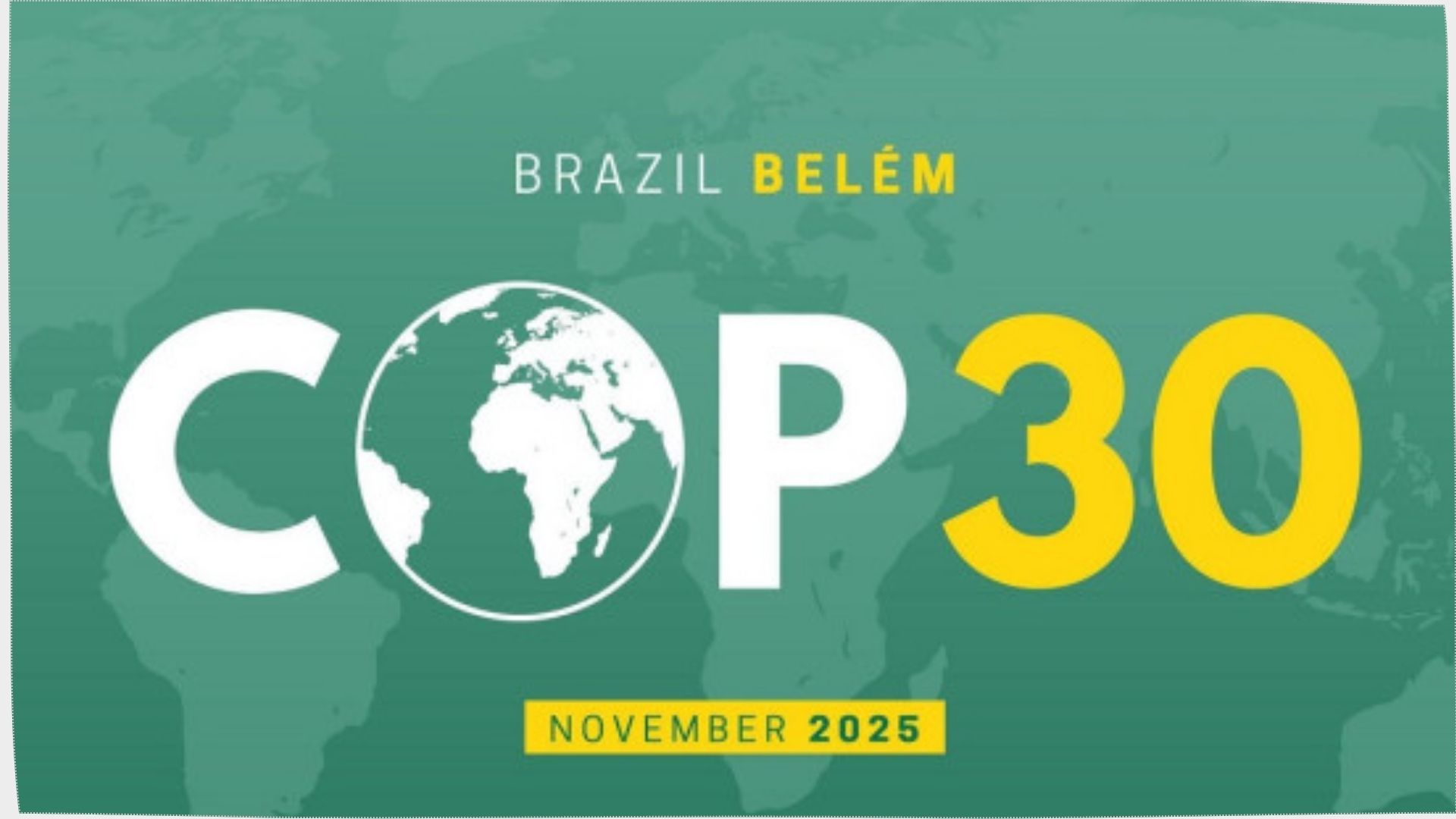
Nepal’s Himalayan Agenda Recognised at COP-30
Through the 30th series of the Conference of the Parties (COP-30) to the United Nations climate change convention, the Himalayan agenda has been successfully established at the global level.
Accordingly, there will now be a Mountain Global Dialogue on Himalayan conservation, that is, a global conference on mountains, every year. This is regarded as a positive outcome of Nepal’s initiative.
By raising the Himalayan agenda and continuing conservation-oriented initiatives from the highest peak in recent years, Nepal has succeeded in drawing the attention of the world. As a result, mountain conservation is now being advocated globally as a separate issue, according to climate expert and joint secretary at the Ministry of Forests and Environment, Dr Maheshwar Dhakal.
He said, “COP-30 also went in our favour in this sense, because we were able to secure a separate decision in favour of mountain conservation in the conference.” In line with this decision, it has been agreed that world leaders will hold the first debate on mountain conservation next year in the city of Bonn, Germany.
As the melting of Himalayan snow continues, world leaders have acknowledged that Nepal is one of the most sensitive regions in the world. Because of this sensitivity, Nepal made a clear declaration at this conference that it is ready to work together with every country in the world to reduce the impact of climate change.
Nepal presented the conclusions of this year’s Sagarmatha Dialogue at the conference, putting forward strong advocacy. Other mountainous and small island countries also gave strong support to this.
The issue of mountain conservation that Nepal took up as the then chair of the least developed countries has now moved forward as a global agenda. Dhakal points out that Nepal will have to work harder and carry out stronger homework for this. To that end, Nepal has already begun preparations to hold a broad discussion with all stakeholders next month.
According to Dhakal, although the smallest delegation so far, led by Minister of Agriculture and Livestock Development Dr Madan Pariyar, had gone to the city of Belém in Brazil, no one was reluctant this time to listen to and accept the questions and initiatives that were raised.
Compared with its two neighbours on either side, Nepal is ahead in forest, biodiversity and nature conservation. However, in the context that the benefits of this are being drawn not by Nepal but by countries regarded as more developed, Nepal clearly expressed its position. As a result, developed countries have agreed to triple adaptation finance.
Through the climate adaptation fund, Nepal will now have the opportunity to receive three times more grants. However, some challenges remain. To secure that finance, Nepal must be able to take credible, evidence-backed proposals.
To build capacity on how to write such proposals and how to ensure simple and easy access to the adaptation finance fund, the team from the Ministry of Forests and Environment has begun discussions immediately upon returning from Brazil.
While the two neighbours are rapidly advancing on the path of development, they have not shown interest in reducing the use of fossil fuels. Nepal will have to bear some of the effects of this to some extent into the future.
This conference has also taken the initiative to create another environment in which, if that example can be clearly explained to highly developed countries, additional finance and grants can be obtained.
Nepal presented its third report on nationally determined contributions, its third transparency report on carbon emissions, and the conclusions of the Sagarmatha Dialogue at the conference.
The delegation led by Minister Pariyar took the initiative, through bilateral and multilateral meetings, to call for easier access for Nepal to the loss and damage fund and other climate finance funds, to appeal for support in access to technologies needed for adaptation and mitigation and in capacity development, and to seek international coordination and cooperation.
Conference

